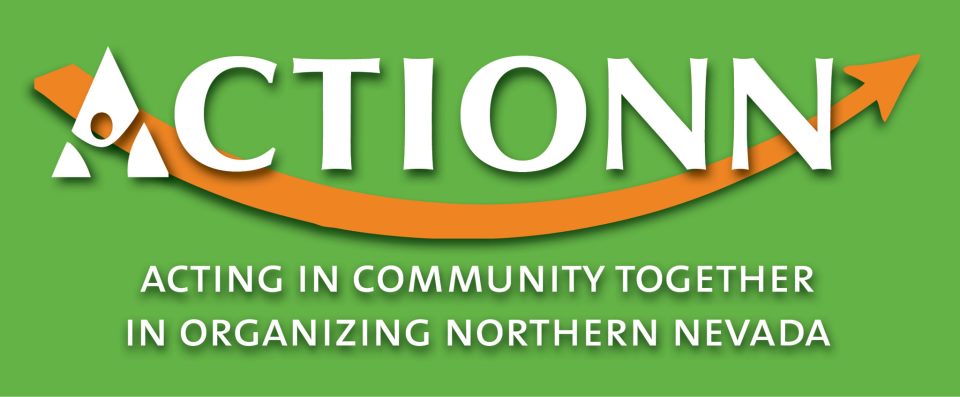Grateful Teacher, Kelly
Carr
Despite
my initial hesitancy, I started doing home visits four years ago. I
decided to try a few and see how it went.
Not only
do Parent Teacher Home Visits open up doors to improved communication, they
build trust and caring between the parents and me. This had been missing in the
prior years of my teaching experience.
“How did
school and home come to be so separate?” I thought, and I began to consider how
this separation was affecting my young students, many for whom, this was their
first experience with formal schooling.
Each year
since then I have increased the number of families I visit using the best
practices model of Parent Teacher Home Visit Project.
During
the 2012-13 school year I approached David’s mom, Harmony, about doing a home
visit. I selected her because David was extremely shy, and was having a
hard time separating from parents when it was drop off time for his afternoon
Pre-K class, even though it was two months into the school year.
I was wondering why
David was having such a hard time separating from his family. Had he not
been socialized with other adults and children before age 4? Was his
family enabling the behavior by not letting him be independent at home and
babying him?
I went with an open
mind and had a wonderful visit. David was playing on his bike and scooter
in the front yard, building ramps and jumping them, while mom watched
hesitantly, but supportively. He was clearly a very independent child.
I also noticed a trampoline in the backyard and neighborhood friends stopping
by occasionally to play. He clearly had lots of interaction with other
kids.
Mom and I visited and I got to know about the
family, their interests, and their hopes for their son's future. I
learned that Harmony’s mom had been a Parent Involvement Facilitator in Hawaii
and that Harmony wanted to be more involved in the school, but wasn't sure of
the procedures to do so here.
My visit made our
classroom more comfortable for David, as he saw me as a part of his inner
circle now… a part of his family. Shortly after our visit, David’s
daily anxiety about separating from his parents was gone, and he was opening up
to me and others in the classroom, making friends, and enjoying school
more.
This visit helped me
see that my assumptions about why David was shy were incorrect. He just
really loved his family and didn't quite trust me yet. I am so thankful
for Harmony opening her home to me which positively changing the course of her
child’s school year.
I shudder to think
of all of the missed opportunities that would have been if I had not made this
home visit. It makes me consider all those other students and families in
past years that I missed.












